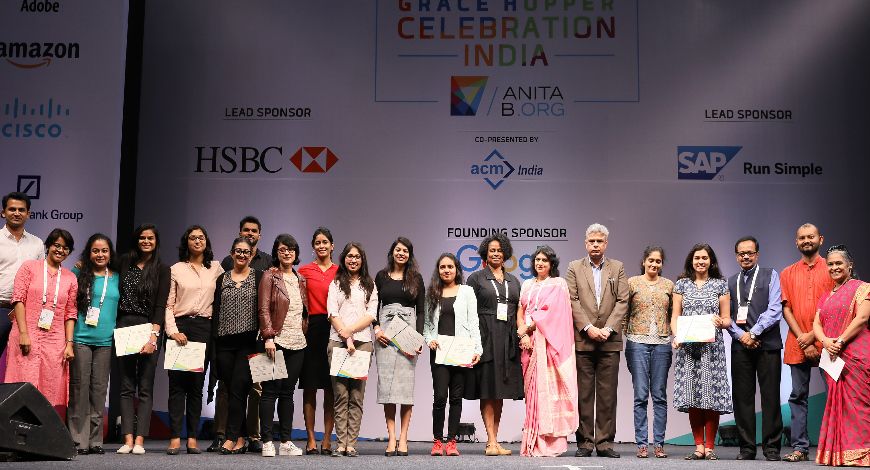Dr. Renu Swarup, Senior Adviser in the Department of Bio-technology, Ministry of Science & Technology has been awarded with National Entrepreneurship Award, 2017 under Mentor (Government) category in the Recognition Track. Union Finance Minister Shri Arun Jaitley presented the awards at the National Entrepreneurship Award Ceremony, 2017 in New Delhi.

Dr Renu Swarup is presently Senior Adviser for Department of Biotechnology (DBT), Ministry of Science & Technology. She also holds position of Managing Director, Biotechnology Industry Research Assistance Council (BIRAC), a Public Sector Company.
A PhD in Genetics and Plant Breeding, Dr. Renu Swarup completed her Post Doctoral at The John Innes Centre, Norwich UK, under Commonwealth Scholarship and returned to India to take up the assignment of a Science Manager in the Department of Biotechnology, Ministry of Science and Technology, in 1989. As a Science Manager, issues related to policy planning and implementations are a part of her assignment. She was actively engaged in formulation of the Biotechnology Vision in 2001, National Biotechnology Development Strategy in 2007 and Strategy II, 2015-20 as the Member Secretary of the Expert Committee.
Dr. Renu Swarup also holds charge of Managing Director, Biotechnology Industry Research Assistance Council (BIRAC), a Public Sector Company incorporated by the Government of India to nurture and promote innovation research in the Biotech Enterprise with special focus on Start-ups and SMEs. Through Biotechnology translational research and industry academia partnerships she has supported more than 1000 Start-ups and Entrepreneurs and nearly 500 small companies for innovation research and product development.
A Member of the National Academy of Sciences India (NASI), she is also a Member of Governing Body of National Institutes, Universities and Centers. She was awarded the “Bio-Spectrum Person of the Year Award” in 2012.

































